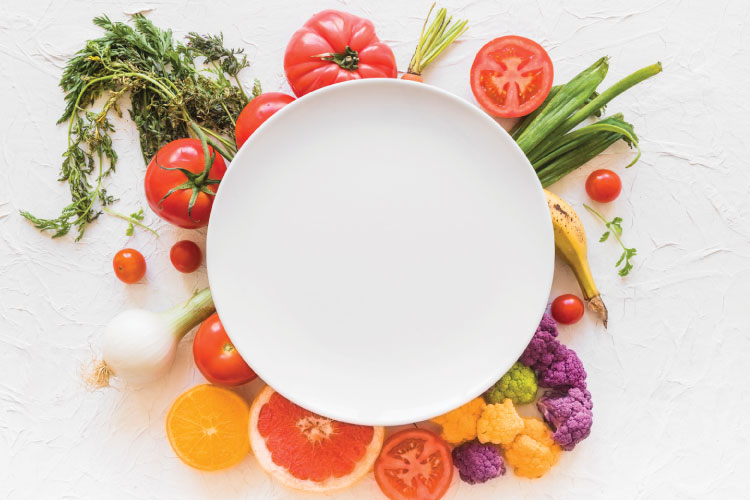
The most comprehensive and systematic analysis of causes of death ever undertaken allows us to answer questions like how many lives could we save if people cut back on soda? The answer? 299,000. Soda isn’t just bad because it’s empty calories, so it’s not a health-promoting food. It appears to be an actively death-promoting food. Of course not as deadly as bacon, bologna, ham, or hot dogs. 800,000 deaths every year, killing twice as many women than domestic violence; five times more people than all illegal drugs combined.
But eating more whole grains could save 1.7 million lives, more vegetables, 1.8 million lives. If only we ate more nuts and seeds, 2 and a half million lives saved, but the fruit is apparently what the world needs most (they didn’t look at beans). 4.9 million lives hang in the balance every year, and the cure is not drugs or vaccines; the cure is fruit.
One reason why plant-based diets can save so many millions is that the #1 killer risk factor in the world is high blood pressure, laying to waste 9 million people year after year.
In the United States, high blood pressure affects nearly 78 million—that’s one in three of us, and as we age our pressures get higher and higher, such that by age 60, it strikes more than half. If it affects most of us when we get older, maybe it’s less a disease and more just a natural, inevitable consequence of getting older? No. We’ve known for nearly a century that high blood pressure need never occur. Researchers measured the blood pressure of a thousand people in rural Kenya who ate a diet centered around whole plant foods. Whole grains, beans, vegetables, fruit, and dark green leafy. Up until age 40, the blood pressures of rural Africans were about the same as Europeans and Americans, down around 120s over the 80s, but as Westerners age, their pressures creep up such that by age 60 the average person is hypertensive, exceeding 140 over 90. But what about those not following the Western diet? Their pressures improved with age, not only did they not develop hypertension, their blood pressures actually got better.
This whole 140 over 90 cut-off is arbitrary. Just like studies show that the lower the cholesterol the better, there’s really no safe level above about 150. Blood pressure studies also support a “lower the better” approach to blood pressure reduction. Even people who start out with blood pressure under 120 over 80 appear to benefit from blood pressure reduction, but is it possible to get blood pressures under 110 over 70? It’s not just possible, it’s normal, for those eating healthy enough diets.
Over two years at a rural Kenyan hospital, 1800 patients were admitted. How many cases of high blood pressure did they find? Zero. Wow, so they must have had low rates of heart disease. No, they had no rates of heart disease. Not low risk, no risk. Not a single case of arteriosclerosis—our #1 killer—was found.
Source: https://nutritionfacts.org/video/how-to-prevent-high-blood-pressure-with-diet/

